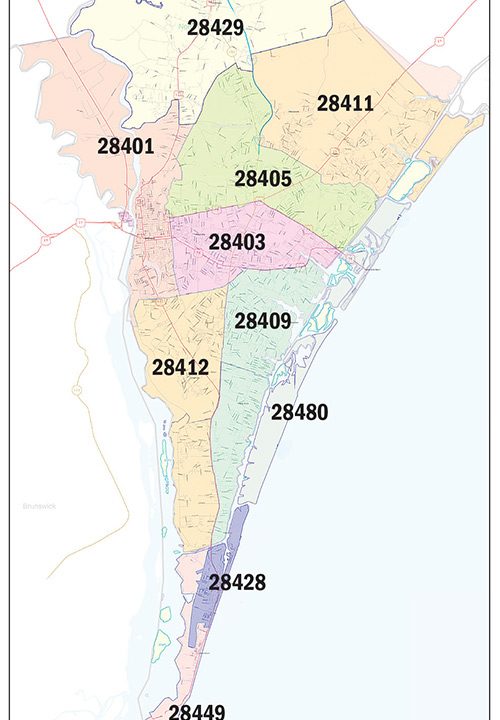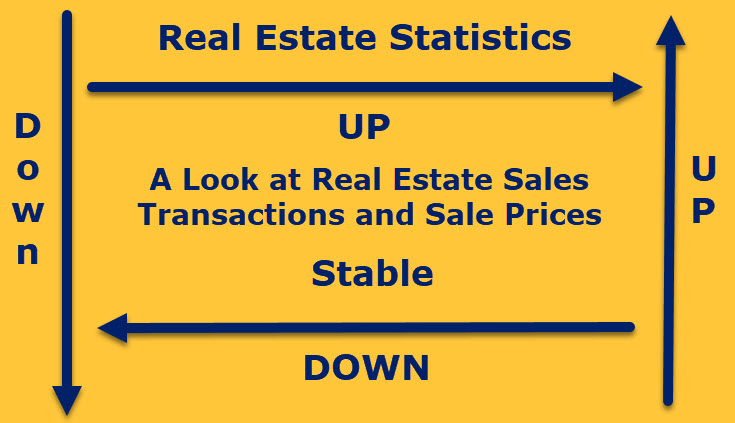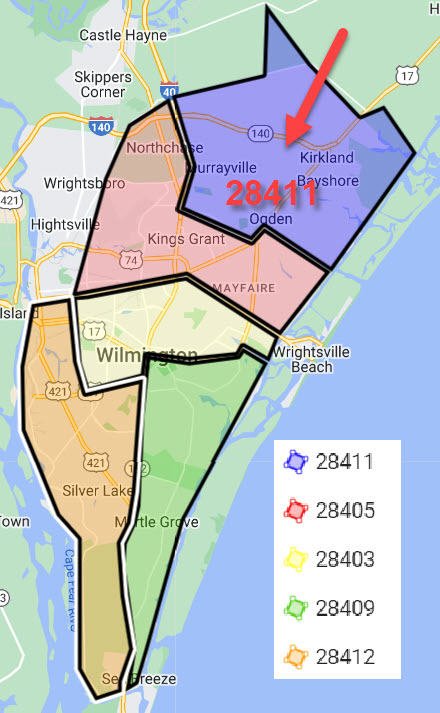The definition of Fair Market Value includes various terms such as: the most probable price which a property should bring in a competitive and open market under all conditions requisite to a fair sale; the buyer and seller each acting prudently and knowledgeably; assuming the price is not affected by undue stimulus; normal marketing time period, informed buyer and seller.
In helping owners obtain a Market Value estimate for their home, REALTORS® can provide a Comparative Market Analysis (commonly referred to as a CMA). A thorough Market Analysis will include full property details and pricing information of the most comparable type properties currently listed on the market for sale, recent pending or under contract sales, those where a contract offer has been accepted, recently closed sales transactions as well as listings which have expired, those that did not sell during the marketing time period. The purpose of a report like this is to provide the owner with factual information to help them in their decision to sell by providing a recommended asking price and estimated sales price. While no two properties are truly identical, an analysis like this can provide home owners with the most reliable method of obtaining a market value estimate for their home.
In the process of reviewing the pricing information however, it is quite common for owners to question the market value estimate and pricing recommendations. The questions and concerns they have about price, while valid in their situation, do not have an affect in determining the market value for their home. What are some of the factors that do not have an effect in establishing Market Value?
Real estate ownership has been blessed with appreciation in home values, but that appreciation is not always in a straight line. Real estate values are not static. Over the long term, an investment in real estate is generally considered the most valuable type of investment, one with the best financial returns. Over the long run, it is probably the best investment people can make.
Depending on the market conditions when the home was purchased, some owners were fortunate and purchased in a buyers market before the increases in real estate values like we just recently witnessed between 2001 and 2006. Others may have bought at the end of a strong real market and were forced to pay top dollar in a highly competitive sellers market, as many owners are experiencing now who purchased their home late in 2006. It is economic market conditions, the economy, employment, mortgage rates, supply and demand, that create changes in the real estate market and cause real estate values to increase, remain stable and perhaps drop at different periods of time. These are the factors that are beyond an owner’s control.
All owners would like to get the price they feel they should get for their home when they choose to sell. The reality is, their home is worth what it is worth, and that is the price a willing buyer is willing to pay. A buyer will not pay more for a home than what they would have to pay for another home with similar features and amenities in a similar location, something called the “Principle of Substitution”.
It is for that reason why so much reliance is placed on sales data when establishing market value, and not personal emotions or personal circumstances.



